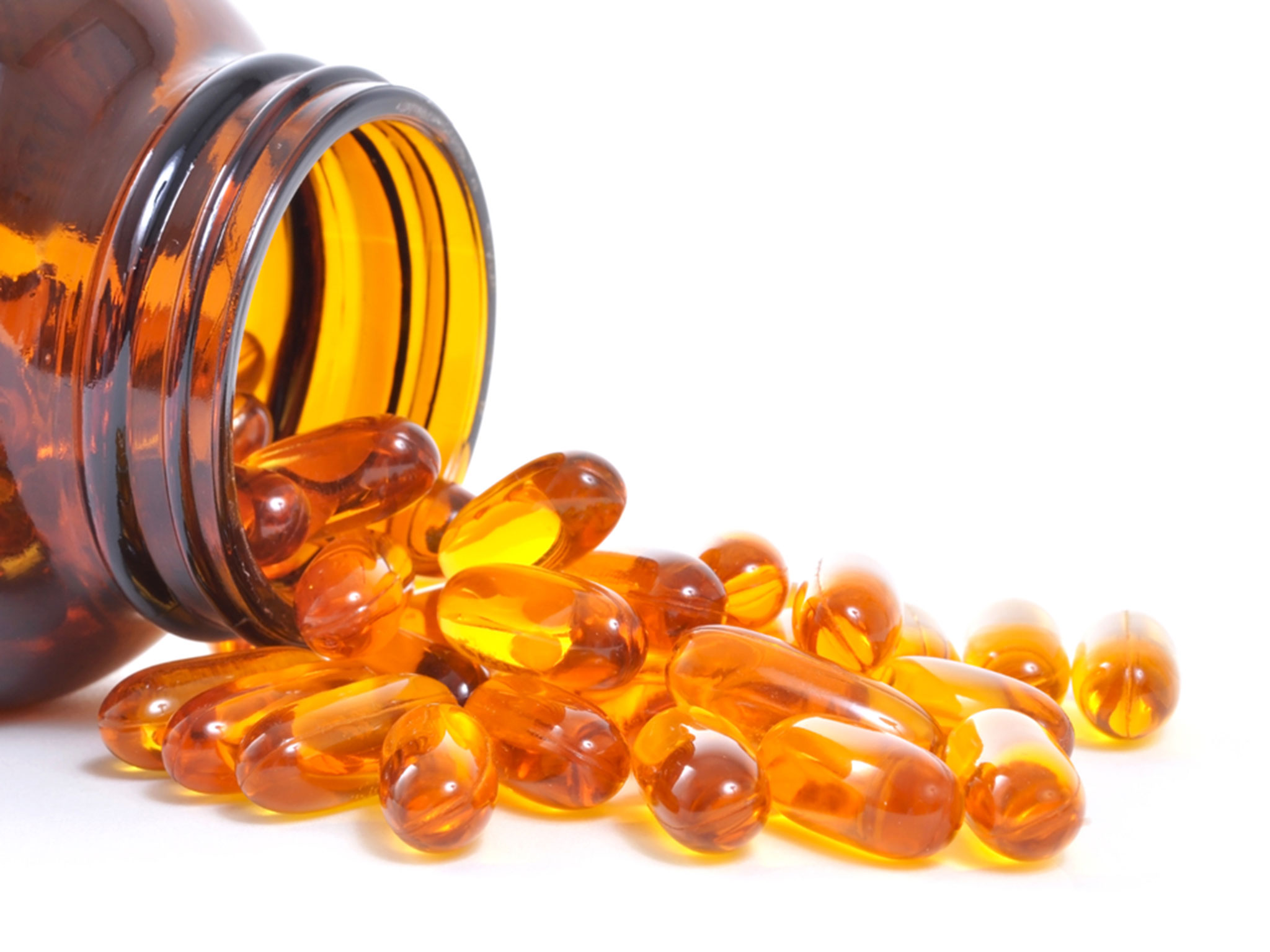
The best food sources of vitamin D are fatty fish, including salmon, tuna and mackerel as well as eggs and some mushrooms. Even if you really like fish, you probably don’t want to eat it every day, but even if you did, you still might not get enough “D”. Fortified foods, including milk and some cereals, provide some “D”, but as you know they’re off limits on the Omni Diet because they do you more harm than good.
Vitamin D is a crucial nutrient. It helps your body absorb calcium from foods and it helps balance blood levels of calcium and phosphate, which promotes bone health. When people don’t get enough vitamin D, their bones can become brittle and thin and can break more easily. Vitamin D, which has anti-inflammatory properties, is also crucial for the health of your cells, muscles, and immune system.
Why am I telling you this now?
The latest news on vitamin D and health is another downer. An international study shows that seniors with very low levels of “D” are at twice the risk of Alzheimer’s disease!
True, the new study isn’t the first to find a link between low levels of vitamin D and Alzheimer’s, but it is a very important one because it is the largest to date, and it confirms the findings of earlier, smaller studies — our brains as well as our bodies are at risk if we don’t get enough vitamin D.
Supplementing with vitamin D now is not guaranteed to prevent dementia later in life, but do you want to take that risk? For overall wellbeing, I recommend everyone take a vitamin D supplement.
You know that vitamin D is essential to bone health (it helps your body absorb calcium from foods), but you may not know that low levels interfere with the effectiveness of the appetite hormone leptin that signals when we’re full. Here’s how you can find out if you’re deficient in vitamin D:
- Have a blood test for 25-hydroxy vitamin D. An optimal level is somewhere between 50 and 80 nanograms of “D” per milliliter (ng/mL).
- Although a normal vitamin D level in the blood is considered 30 to 100 ng/mL, at W.E.L.L. I view 30ng/mL as rock bottom.
- The general rule is that for each 10 ng/mL rise in vitamin D levels in blood, you need to take a daily dose of 1,000 IUs of “D”, so if you want to get from 20 ng/mL to 50, you would need to take a daily supplement of 3,000 IUs.
- If you’re overweight or obese, your body may have trouble absorbing vitamin D efficiently, so have the test to find out where you stand.
- Having darker skin interferes with the body’s ability to use the sun to manufacture vitamin D — another good reason to be tested.





